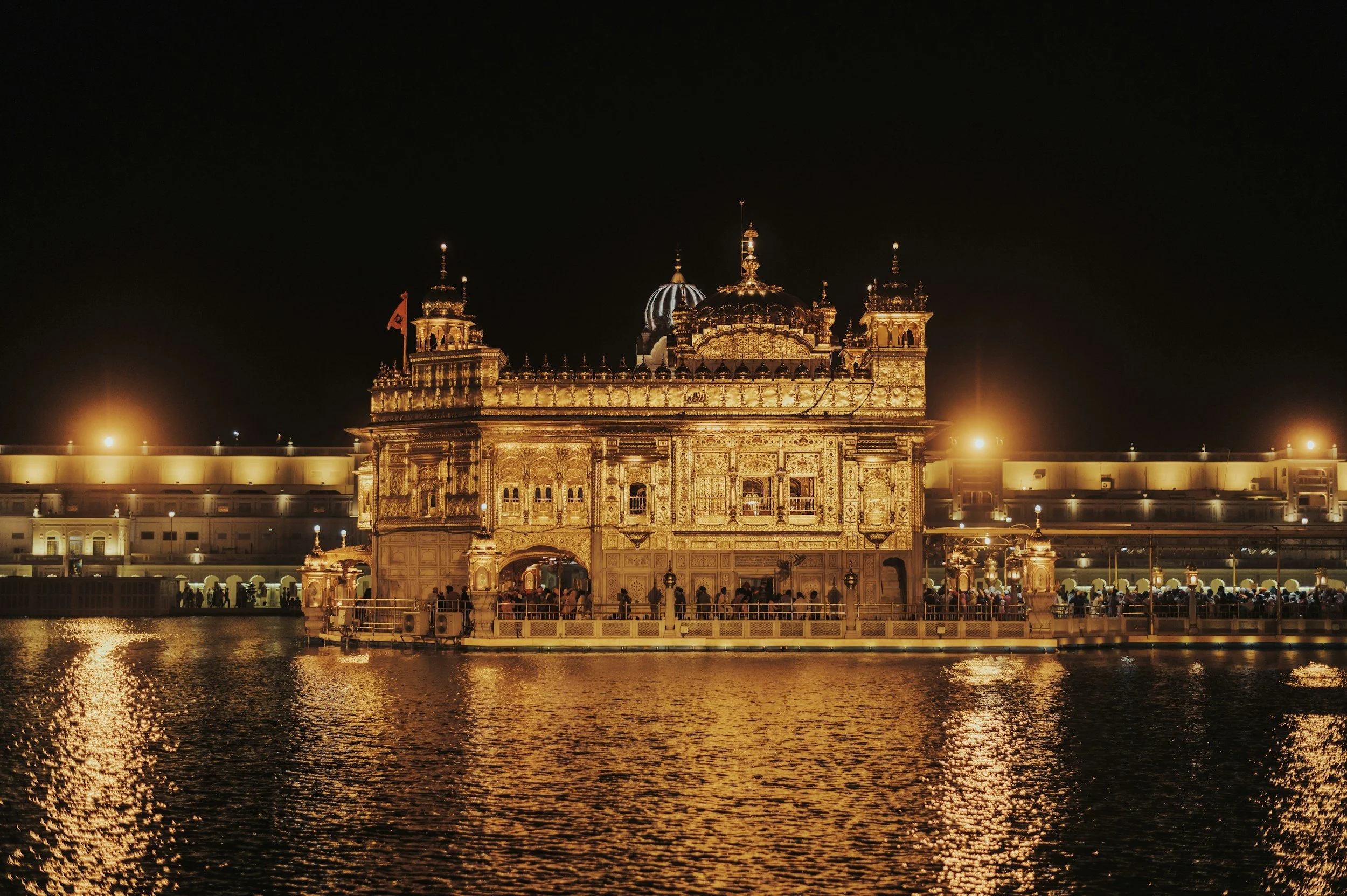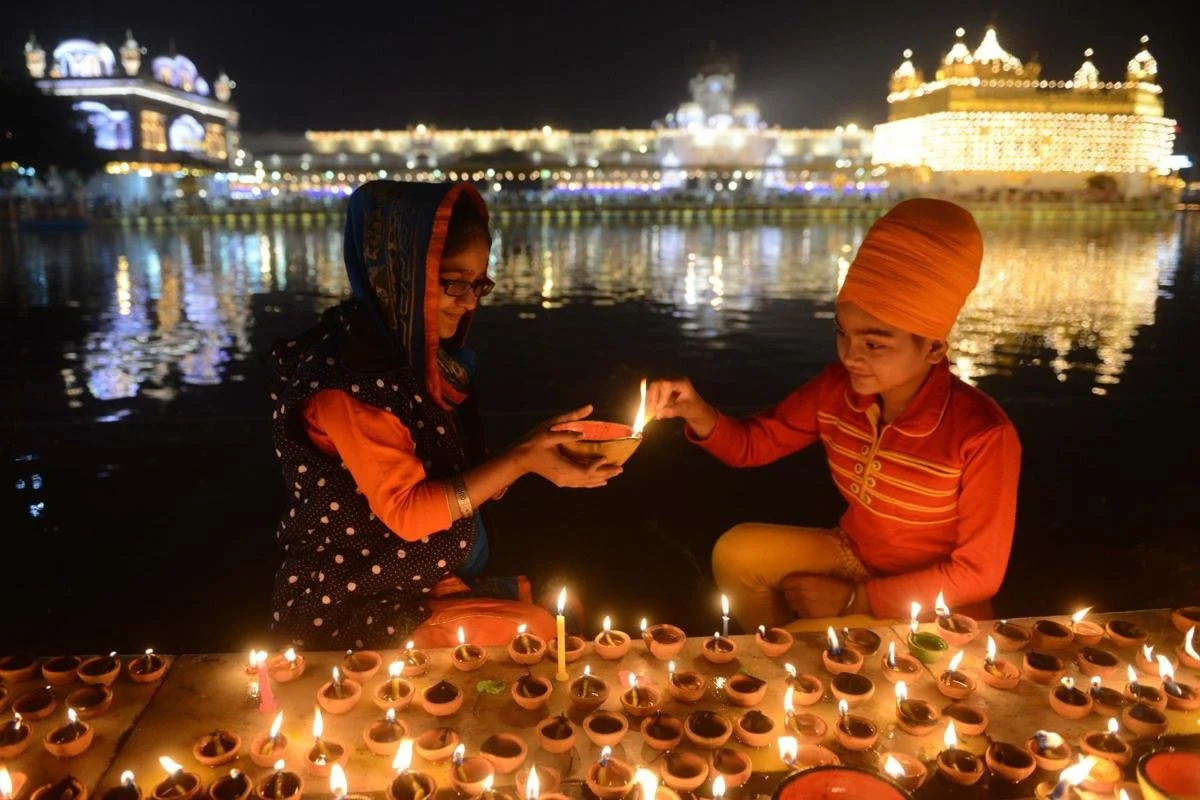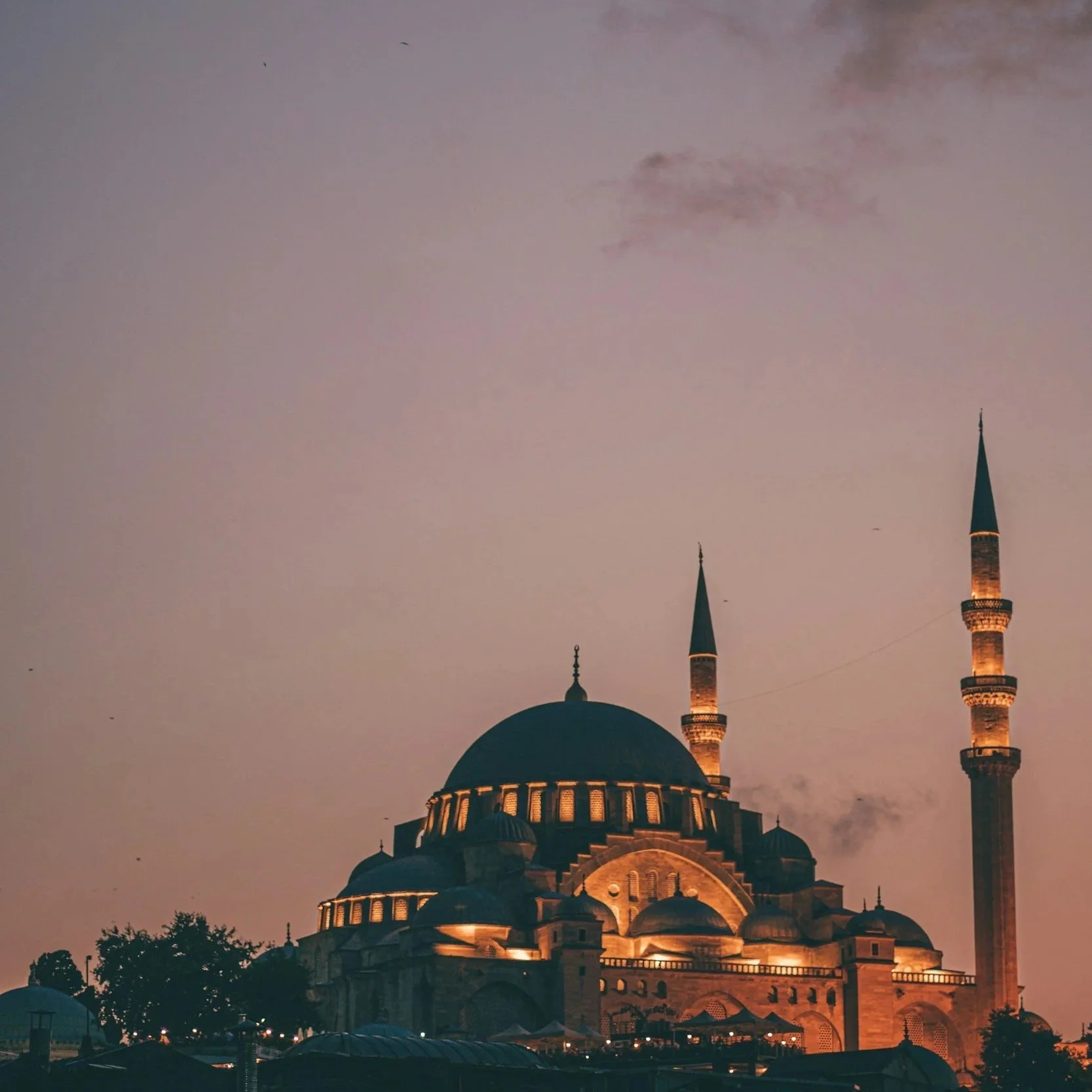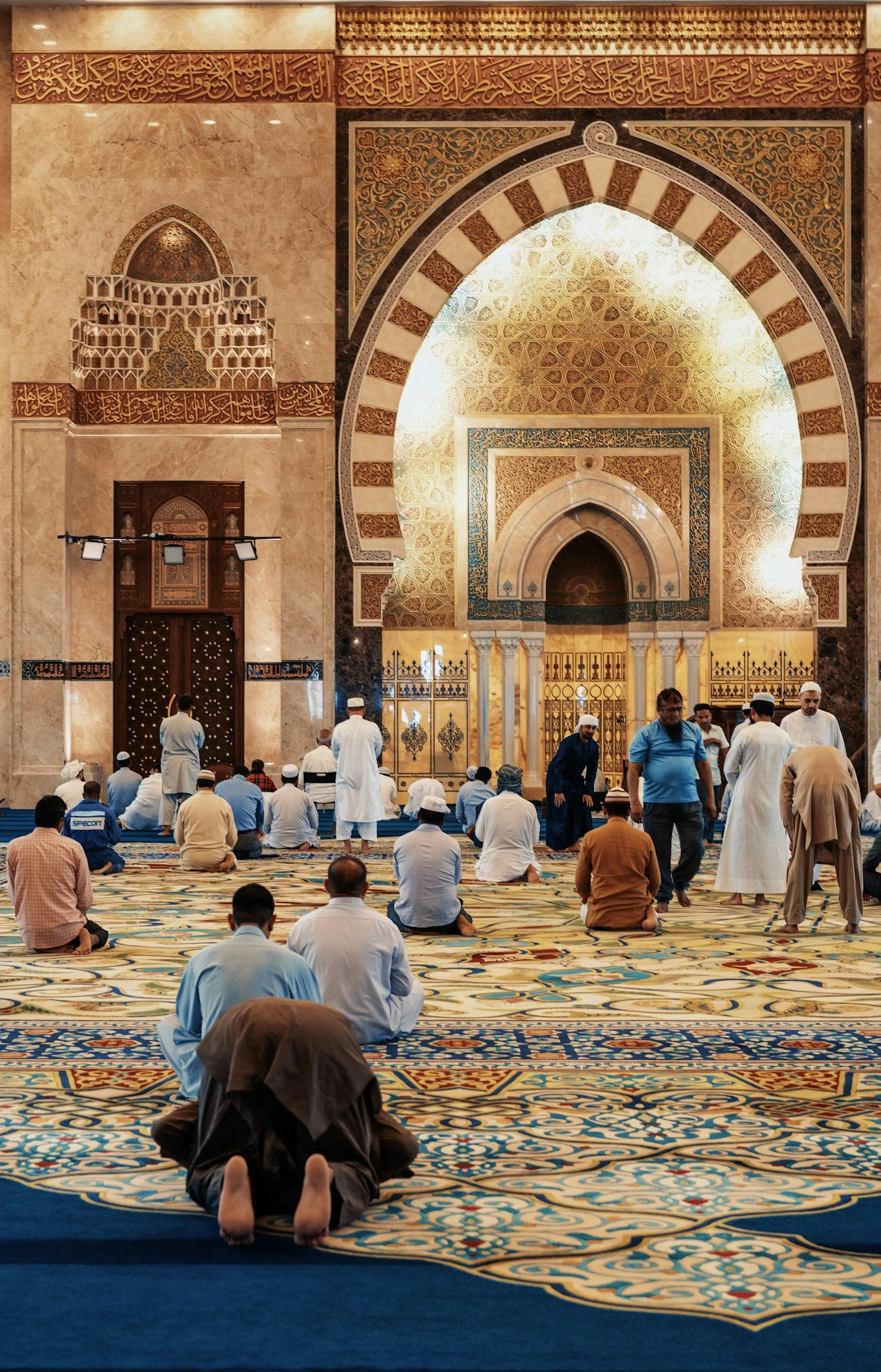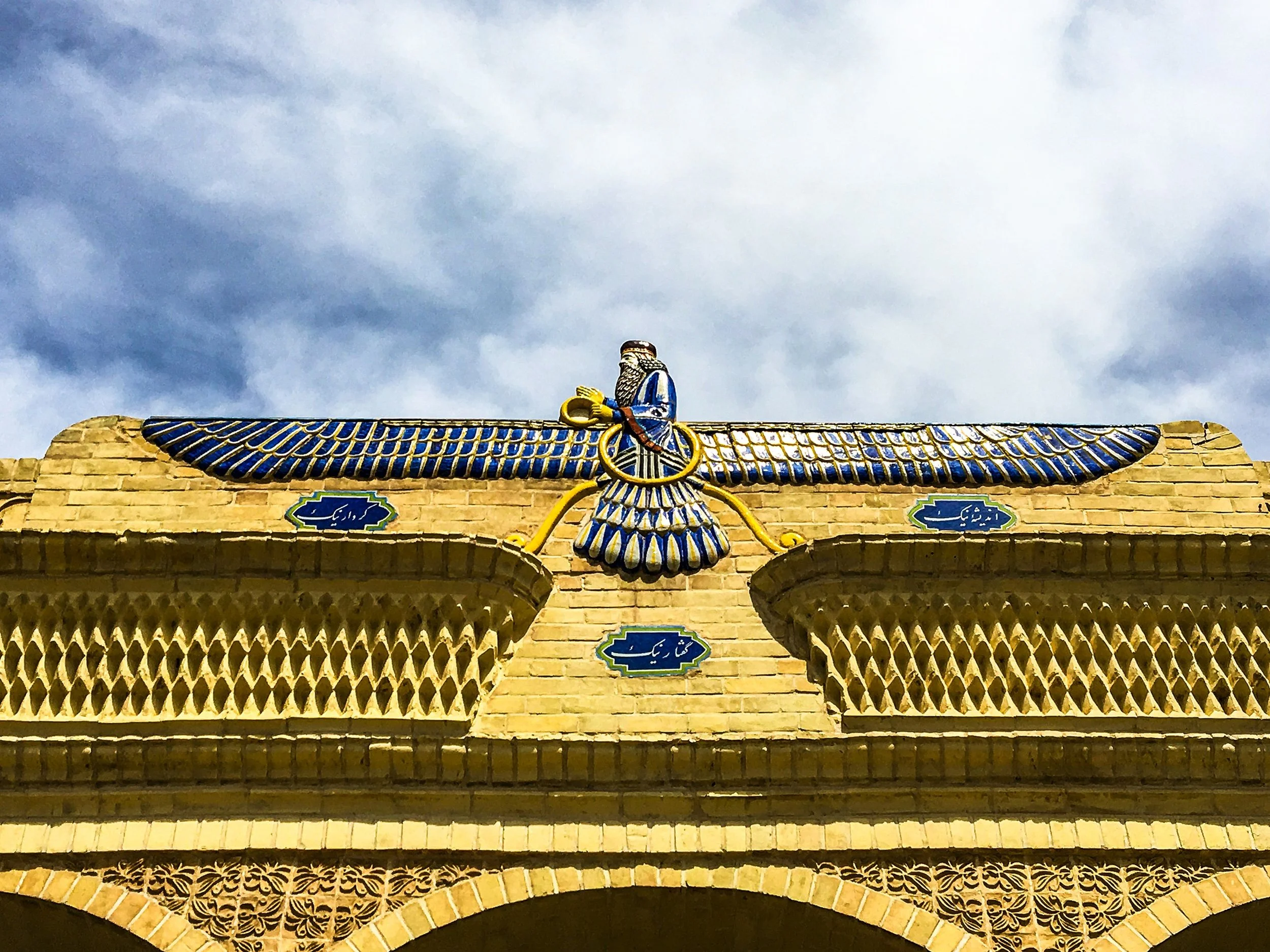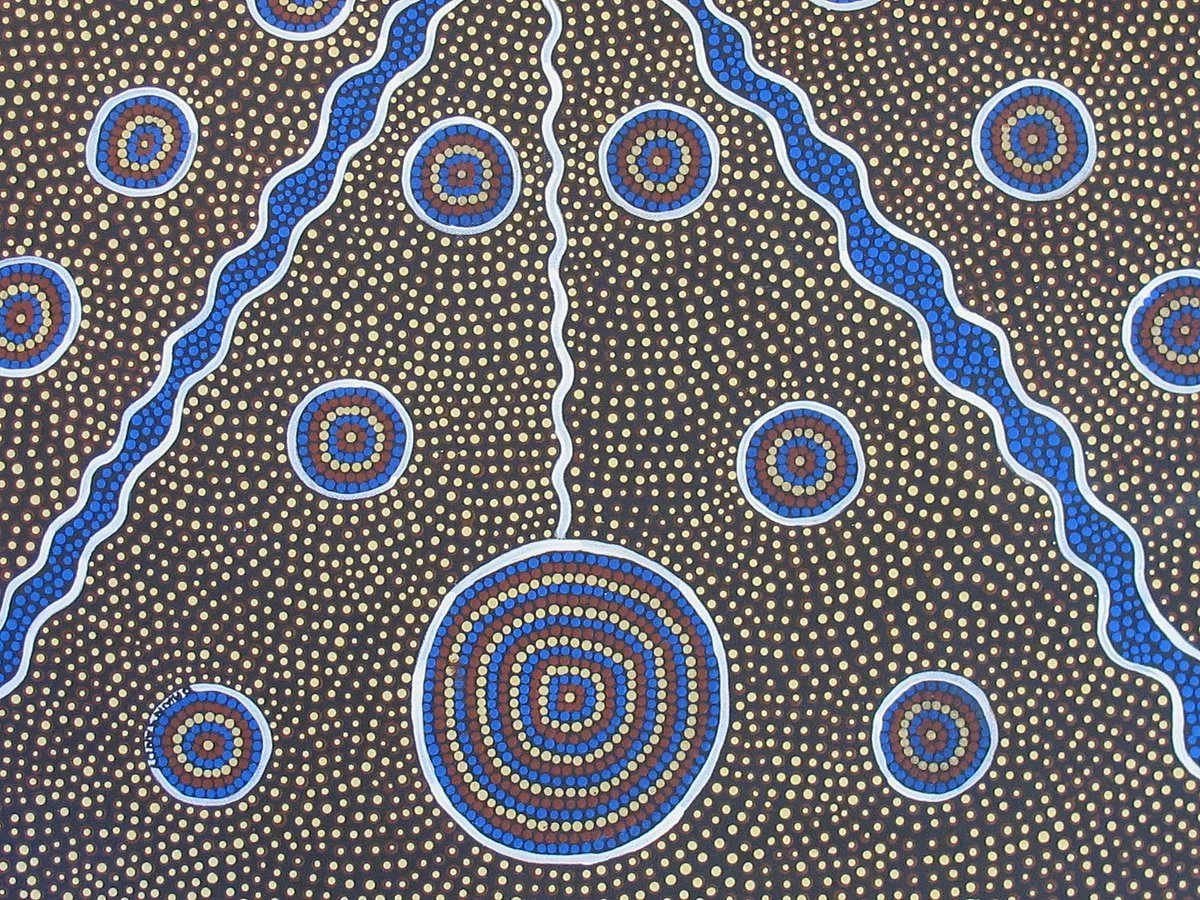
The Power of Light
Diwali 2025

Light is both universal and particular.
Across every culture, light has guided, protected, and inspired us.
It has been a beacon in the darkness,
a symbol of hope and a force for transformation.
This Diwali, we come together to honor the many ways light lives in our traditions —
illuminating our shared humanity
while celebrating the beauty of our differences.

In Hinduism, Diwali is the festival of lights —
celebrating the triumph of good over evil,
of truth over falsehood,
of justice over tyranny.
Lighting diyas invites clarity and courage into our lives,
reminding us that even the smallest flame
can dispel the deepest darkness.
Diwali is not just a story from the past,
but a living practice of renewal and resilience.
Hinduism
The Festival of Lights

In Sikhism, light represents divine presence, knowledge, and liberation.
On Bandi Chor Diwas — celebrated alongside Diwali —
the Sikh community remembers Guru Hargobind Ji’s release from imprisonment,
a powerful act of freedom and justice.
Light becomes a guide to remove ignorance,
calling each of us to act with courage and compassion.
Sikhism
The Festival of Lights

In Islam, light is a profound sign of divine guidance.
The Qur’an speaks of Allah ‘Glory be to him the exalted’, as
"The Light of the heavens and the earth."
Light and darkness reveal the contrast between truth and falsehood,
guidance and misguidance.
The verse of nurun 'ala nur — light upon light —
evokes infinite grace,
calling believers to reflect divine light through faith and righteous action.
Islam
Light Upon Light

In Judaism, light embodies God’s presence,
the wisdom of Torah, and the spark of the human soul.
Lighting candles is woven into daily and holiday rituals,
marking sacred time and connecting generations.
In Jewish mysticism, light is more than illumination —
it is the mystery of creation itself,
and every act of kindness brings new light into the world.
Judaism
Sacred Light & Daily Ritual

In Christianity, light symbolizes God, truth, and love.
Jesus Christ is often called the Light of the World,
guiding believers through darkness and despair.
Christians are called to reflect this light,
bringing peace, mercy, and justice
to a world in need of healing.
Christianity
Light of the World

In Buddhism, light is the symbol of awakening.
It dispels ignorance and reveals the path to liberation.
The light of the Buddha’s teachings
guides beings toward compassion and clarity.
Through mindfulness and awareness,
the light within becomes a source of freedom for all.
Buddhism
Illumination & Awakening

For Indigenous peoples across the Americas,
light is alive — a guide, a teacher, a bridge to the spiritual world.
The sun, moon, and stars are ancestors and storytellers.
In Andean traditions, the festival of Inti Raymi honors the sun as a source of life and renewal.
In North America, sacred fire ceremonies connect communities to Creator and Creation.
Light marks the cycles of planting and harvest,
of birth and rebirth,
and carries prayers upward with smoke and song.
Indigenous Peoples of the Americas
Light as a Living Guide

In Zoroastrianism, one of the world’s oldest faiths,
light and fire are living symbols of truth and divine wisdom.
Ahura Mazda, the supreme being, represents light and goodness,
while darkness embodies chaos and deceit.
The eternal flame in Zoroastrian temples reminds us
that each person can keep the fire of justice burning,
standing against ignorance and evil.
Zoroastrianism
The Sacred Flame

Aboriginal & Torres Strait Islander Cultures
The Night Sky as a Library
For Aboriginal and Torres Strait Islander peoples,
light is both physical and spiritual —
a force that guides, heals, and connects.
The night sky is a library of ancestral stories and knowledge.
Figures like the Rainbow Serpent embody the power of light
to create balance and harmony with the land and cosmos.
Through light, communities navigate, remember,
and honor the deep interconnection of all life.

Yoruba & Diaspora Traditions
Light as Sacred Order and Liberation
In the Yoruba tradition of West Africa,
light is the essence of clarity, balance, and creation.
The deity Obatala brings harmony to the world,
while Oshun, goddess of rivers, embodies the shining currents of life.
Through centuries of colonization and forced migration,
these sacred traditions endured,
carried across the Atlantic by enslaved peoples.
In new lands, they transformed —
blending with local cultures to create vibrant faiths
such as Candomblé in Brazil and Santería in Cuba.
In the modern African diaspora, light continues to guide communities.
During Kwanzaa, candles are lit to honor ancestors,
celebrate resilience, and commit to collective renewal.
Here, light is not only sacred —
it is revolutionary,
sustaining the fight for justice and dignity..

Light is more than a spiritual symbol —
it is a key to understanding our world.
For millennia, humans have looked to the night sky,
mapping the movements of light to navigate oceans,
mark the seasons, and tell the stories of our place in the cosmos.
Modern science has revealed light’s deepest mysteries:
from photons traveling at unimaginable speeds
to galaxies billions of years away.
Through telescopes and microscopes,
light has opened windows into both the infinite and the microscopic.
Through fiber optics, it carries our voices and ideas across the globe.
Through solar energy, it sustains our planet and our future.
Even beyond faith, light remains a universal language.
In moments of grief and hope,
people gather with candles at vigils and marches —
where a single flame becomes a shared act of remembrance,
and countless lights together illuminate the path toward justice.





